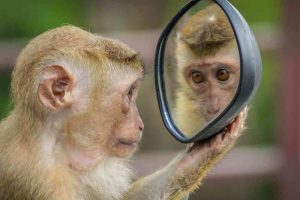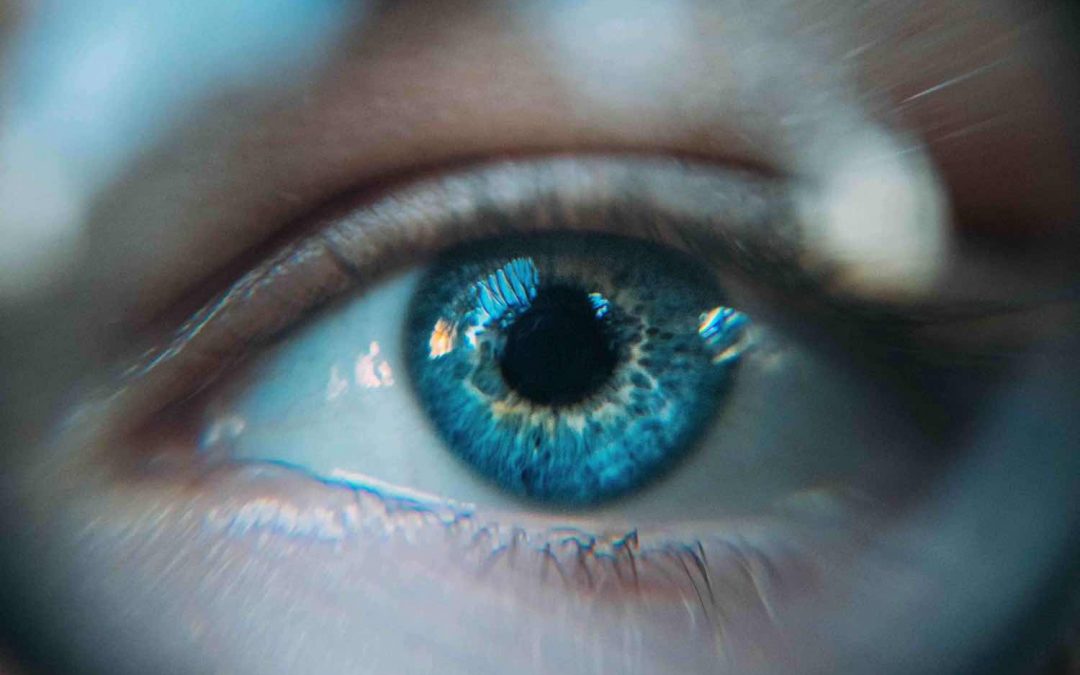Psychological theory has seen many interpretations of the self. The 1920’s-1960’s behaviourist movement saw the self as unobservable and irrelevant. The humanistic perspective of the 50s and 60s saw the self as unique and goal-directed.
These days, it’s the realm of social psychology that studies the self most extensively. It is the self that is shaping your world through directing social behaviour and bringing stimuli to your awareness. Basically, two people can be placed in the exact same room, but it is the self that is directing their experience of the room.
To break it down, we all have a self-concept. This is the total of all the beliefs we hold of ourselves. Each of these individual beliefs are called ‘self-schemas’ and they drive our processing of information.
For example, you may think of yourself as a ‘clean freak’ and your friend may think of themselves as ‘masculine’. These are self-schemas and they become your frame of reference. If you and your ‘masculine’ friend walked into a room, as a ‘clean freak’ you will probably notice dust, disarray, marks on the wall, but your friend will have an entirely different perception. He might see a shelf that’s ajar that could do with his handyman skills, or notice the hammer by the bed.
See how your self-schemas serve to interpret your world around you, and two people looking at the exact same thing can actually have very different perspectives and experiences.
Self-schemas
Have a think about the following activities using the self-schema of ‘being overweight’.
- Shopping for clothes
- Going to the beach
- Eating at restaurants
Now, think about doing those same activities using these self-schemas, “a successful, wealthy entrepreneur”, and “an energetic health enthusiast”. How would you now interpret these activities?
You could probably see how someone with an ‘I’m overweight’ self-schema may have a negative experience for all of the aforementioned activities. Self-schemas provide a looking glass for the world.
Are your self-schemas helpful or limiting? It is possible to change your perspective through changing your self-schemas, or simply focussing on the more positive self-schemas that you may hold of yourself. This is an effective tool in overcoming negative thoughts.
Do animals have a sense of self?
Do you ever grab your dog or cat and look at them in the mirror and wonder if they recognise themselves? Some rambunctious puppies can even get into a fight with their reflection for hours on end. Sorry to say, but your pet probably does not recognise themselves. But some animals do, and these include apes, gorillas, orangutangs, dolphins and elephants.
To determine self-recognition in animals, scientists placed each animal in front of a mirror. They then anesthetised the animal and drew a red mark across their forehead. Once the animal woke then looked at themselves again in the mirror, the animals who spontaneously touched the red mark showed self-recognition. This is just one such experiment of self-recognition in animals.
Click for more information, tips and articles on mental health.

